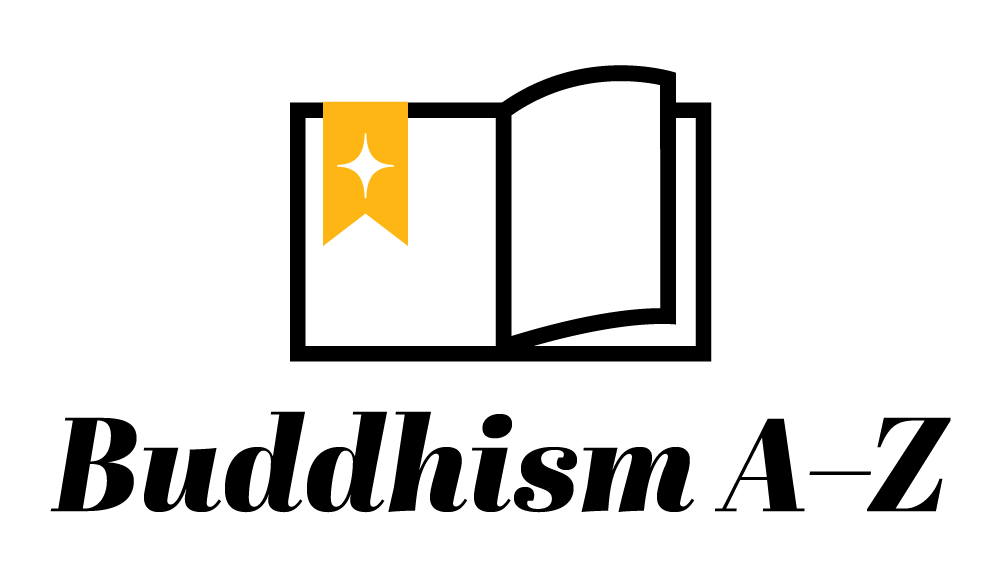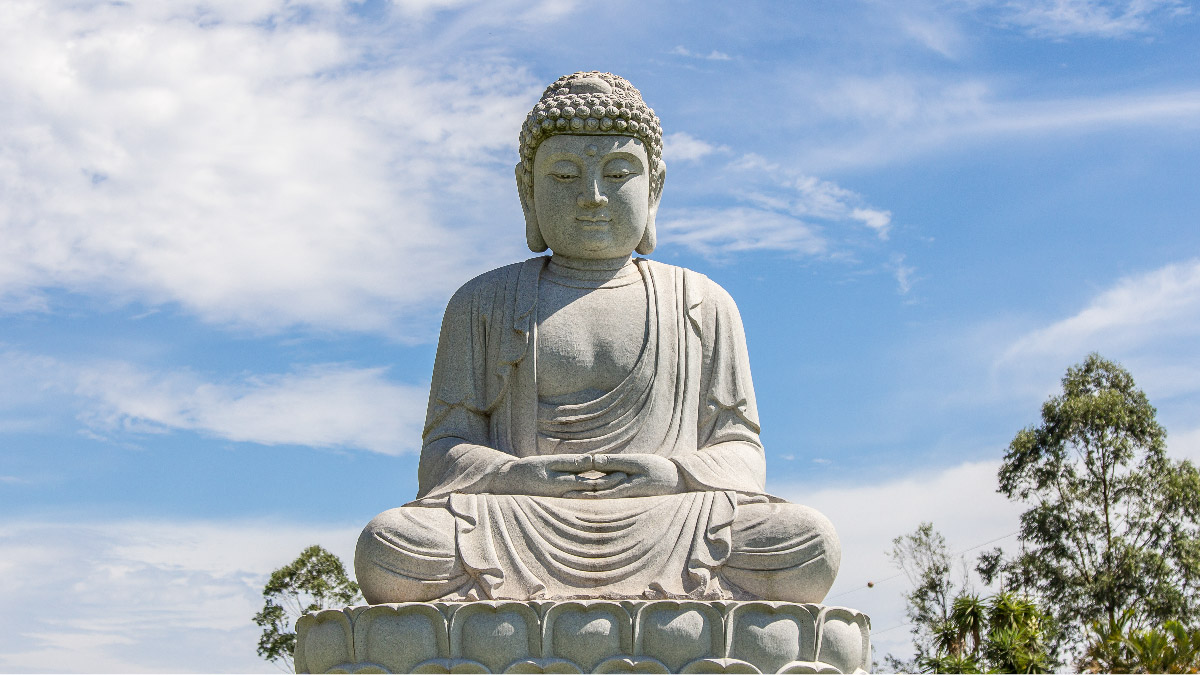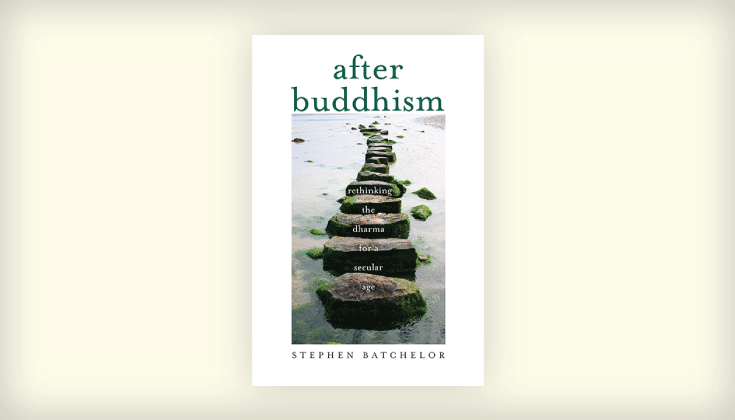Secular Buddhism is an interpretation of Buddhism that focuses on the teachings and practices of Buddhism while setting aside some of the religious and metaphysical elements and rituals.
Secular Buddhists focus on the wisdom and practical insights found in Buddhist meditative practice. They typically prioritize the core teachings of the Buddha, such as the Four Noble Truths and the Eightfold Path, which are seen as psychological and philosophical principles applicable to human life and well-being. Secular Buddhists also emphasize ethical principles, such as compassion, kindness, and non-harming.
Sometimes referred to as “Buddhism without Beliefs,” secular Buddhism tends to approach traditional Buddhist cosmology, rebirth, and concepts of karma with skepticism or interpret them metaphorically rather than literally.
Secular Buddhism is not a formal sect or even necessarily a movement; therefore, the phenomenon includes a continuum from highly and vocally secular to largely secular but still having prominent Buddhist elements.
Stephen Batchelor (1953-present) is the most prominent of the advocates for secularized Buddhism, outlined in his books Buddhism without Beliefs and Confessions of a Buddhist Atheist. The retreats led by the late SN Goenka (1924-2013), which continue under the name Vipassana Meditation, offer meditation practice stripped down to its most basic elements without any doctrine or ritual. The atheist and rationalist thinker and podcaster Sam Harris also promotes secular practice, as conveyed in his book Waking Up: A Guide to Spirituality without Religion.
A lively debate concerning the pros and cons of secularization continues, which includes questions such as whether Buddhism was inherently secular from the outset, whether secularizing Buddhism removed its ethical basis, and what beliefs are central to authentic practice. These questions are reflected in the anthology Secularizing Buddhism, edited by Richard Payne.
Mindfulness Meditation
Mindfulness meditation is a central practice in secular Buddhism. It is often viewed as a secular form of mental training that can lead to greater self-awareness, emotional regulation, and overall well-being.
In 1979, Jon Kabat-Zinn, (1944-present), author of Full Catastrophe Living, created Mindfulness-based Stress Reduction, which was originally a hospital-based program to treat pain. MBSR gave birth to a number of similar eight-week meditation programs that used mindfulness and other practices but did not make reference to Buddhism. These MBP’s (mindfulness-based programs), including Mindfulness-based Cognitive Therapy, Mindfulness-based Childbirth and Parenting, and Mindfulness-based Relapse Prevention, among many others, are widely considered to be in the vanguard of the secularization of Buddhism—despite the fact that Jon Kabat-Zinn affirms that these programs must be based on “dharma” principles in order to be valid.
Related Reading
What Is the Connection Between Buddhism and Secular Mindfulness?
What is the connection between Buddhism and secular mindfulness? Some people say mindfulness is just Buddhism in another form. Is that true?
Review: Stephen Batchelor’s “After Buddhism: Rethinking the Dharma for a Secular Age”
In his latest and most ambitious work, "After Buddhism," Stephen Batchelor makes a sustained and serious attempt to argue for his vision of a more secular Buddhism.
Buddhism A–Z
Explore essential Buddhist terms, concepts, and traditions.



